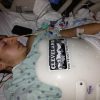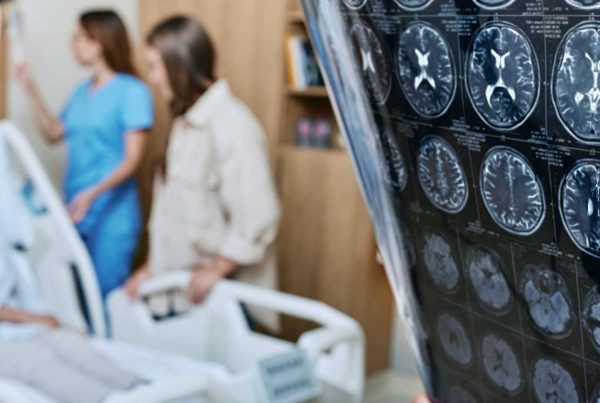The more you understand about cancer,
the more prepared you are to fight it.
Half of men and one third of women will hear the words, “you have cancer” during their lifetime. Whether you’re dealing with a cancer diagnosis yourself, have a loved one who is experiencing cancer, or want to learn about cancer prevention, it’s important to understand exactly what cancer is.
First: cancer is a disease in a person’s cells. Your body builds new cells every day to carry out different jobs—maybe in your skin to repair cuts or in your blood to carry oxygen from your lungs. Cells grow and multiply in your body in an orderly way. When they die or get damaged, they’re replaced by fresh, new cells.
When a cell’s genetic material gets damaged during that replacement process, abnormal cells can form and multiply. A group of abnormal cells that grows uncontrollably is cancer.
Cancer can form in almost any part of the body: the lungs, colon, breasts, skin, bones, and even in blood. Sometimes, it can spread—called metastasis—to other parts of the body.
Categories of cancer include:
- Solid tumors: When most people think of cancer, this is what they imagine. Solid tumors are cancers found in organs or tissue like the breasts, lungs, prostate, colon, and skin.
- Blood cancer: Blood cancer—or hematologic cancer—affects blood cells. Examples include leukemia, lymphoma, and multiple myeloma.
Every type of cancer is different. Some grow and spread quickly, while others grow more slowly. Different types of cancers respond to different treatments, which may include surgery, radiation therapy, or chemotherapy.
At MetroHealth, we take the time to sit down with you and your family to talk about the next steps after a cancer diagnosis.
Our personalized cancer care plans developed by our multidisciplinary teams, mean you will get treatment specifically designed for you and your type of cancer. Our patient navigators will connect you to the many resources that you may need and help to guide you through your treatment journey.











